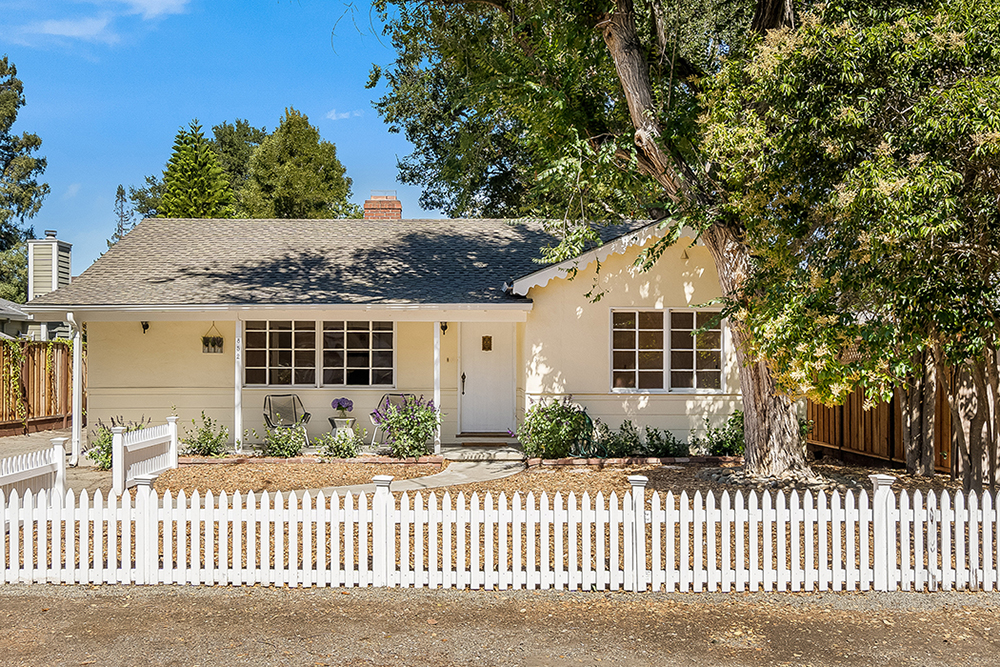
Important Information About Proposition 19
Below is a quick guide from the CALIFORNIA ASSOCIATION OF REALTORS®regarding the passage of Proposition 19 and changes that may affect you. If you have any questions or would like to talk about buying or selling your home, please contact me directly. 😊
Proposition 19: Property Tax Increase Limits on Primary Residences
How does Proposition 19 change the rules on tax basis portability?
Prop 19 allows a homeowner who is 55 years of age or older, severely disabled or whose home has been substantially damaged by wildfire or natural disaster to transfer the taxable value of their primary residence:
a) to a replacement primary residence anywhere in the state, b) regardless of the value of the replacement primary residence (but with adjustments if replacement has a greater value), c) within two years of the sale and d) up to three times (or as often as needed for those whose houses were destroyed by fire). The prior rule limited this exemption to a one-time transfer within the same county (Prop 60) or between certain counties (Prop 90) and only if the replacement property was of “equal or lesser value.”
When does the tax basis portability portion of Prop 19 take effect?
April 1, 2021
Can I buy/sell now and take advantage of the tax portability benefits before April 1, 2021? There is no definitive answer in the law. Although, we believe that the tax benefits under Prop 19 will apply to transactions where either the sale or purchase of a primary residence takes place before April 1, 2021, as long as the subsequent sale or purchase takes place within two years and occurs on or after April 1. If you wish to obtain the tax benefits of Prop 19 for a transaction that closes prior to April 1, 2021, whether it is buying or selling a property, you are encouraged to seek the advice of a qualified California real estate attorney or tax advisor.
If the replacement property is of equal or lesser value, does the tax basis of the replacement property change? No. The taxable value of the original property may be transferred and become the taxable value of the new one.
If the replacement property is of greater value, how is the new taxable value calculated? The new taxable value is calculated by adding the difference between the full cash value of the replacement property and the original property to the original taxable value. For example, if a seller of an original property has a $300,000 taxable value and a full cash value of $1M and then buys a replacement property for $1.5M, the taxable value of the replacement property would be $800,000.
Can a replacement property be purchased prior to the original primary residence being sold? Yes. This is how the current rule under Prop 60 works, and Prop19 uses nearly identical language.
How does Prop 19 affect the rules on intergenerational transfers to children or grandchildren? It limits the exemption to those properties where the primary residence continues to be used as a family home by the child or grandchild transferee. If so, the taxable value will remain the same, subject to some upward adjustments if the property value, at the time of transfer, is more than $1M over the original tax basis.
If the property is more than $1M over the original tax basis, what is the new taxable basis? The new taxable basis will be the assessed value of the property at time of transfer minus $1M.
When do these new rules on intergenerational transfers apply?
February 16, 2021.
Where may a claim to transfer a tax basis be made? Claims may be made with forms provided by the local county assessor’s office.
If you have any questions about real estate,
please don’t hesitate to reach out. ❤️
Kindest Regards,

Click Here to download a printable PDF of the Quick Guide
1,754 total views, 2 views today




